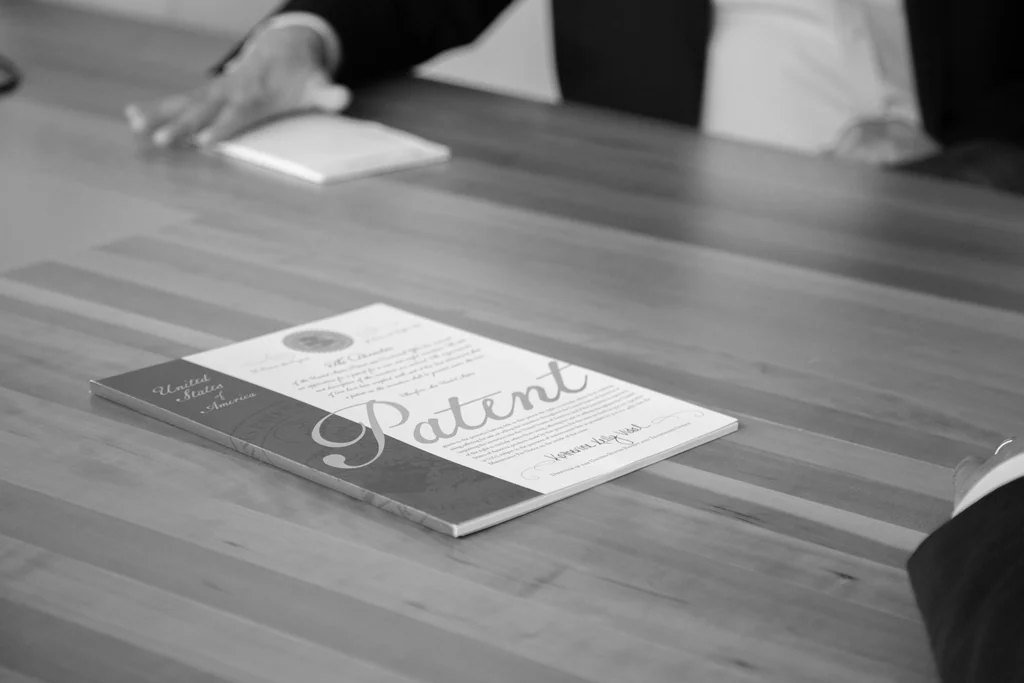If you write, perform, compose or invent things for a living, even as a side hustle, you need to be diligent about protecting your work. These projects often demand a part of you, making it especially upsetting to see others profit from your work unfairly.
As such, it is imperative to negotiate ownership rights of your intellectual property with another party. This could be a client, an employer or someone else for whom you may be creating the material. As part of this process, you should prepare for negotiations before starting a new job.
Define expectations
You should know precisely what the terms of your relationship is. For instance, specify whether related work created on your own time will be your property or not. Distinguish between exclusive and nonexclusive rights if you will be transferring them.
Making assumptions about these and other ownership issues can lead to costly and frustrating legal battles later.
Determine appropriate protection
Generally speaking, a copyright protects original works of authorship, from plays and artwork to songs and architecture. Patents protect inventions. Trademarks protect works that distinguish and identify the source of a good or service.
If you are hired as a writer, an author, a composer or designer, your work will likely be eligible for protection by copyright.
Specify ownership limitations
As soon as you create these works, they are under copyright protection. Any person who copies, performs or distributes the work without permission can be liable for damages. You may also choose to register your copyright for added protection.
Because of this, you should specify details of the copyright (or other method of IP protection). Will the party soliciting your work own whatever you create? What will they be allowed to do with your creations? Will their ownership permissions terminate upon the end of your professional relationship?
These are specific details of ownership that you can and should negotiate in a contract.
Get it all in writing
Having the terms and agreements in writing can be essential in preventing disputes and protecting your work. Handshake agreements or verbal promises can be far less reliable than a written contract.
Therefore, you should be sure that as an artist or author, you have a valid contract detailing the expectations, restrictions and rights of the work you create. If you have questions or concerns about negotiating these agreements, you can consult an attorney.

